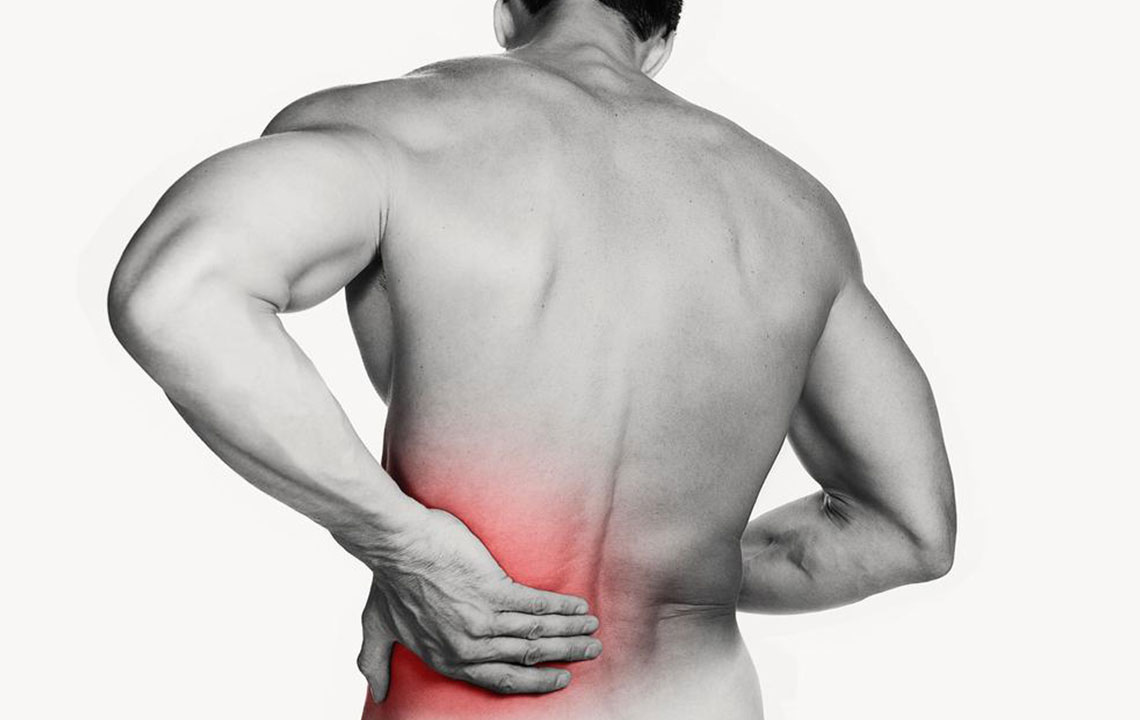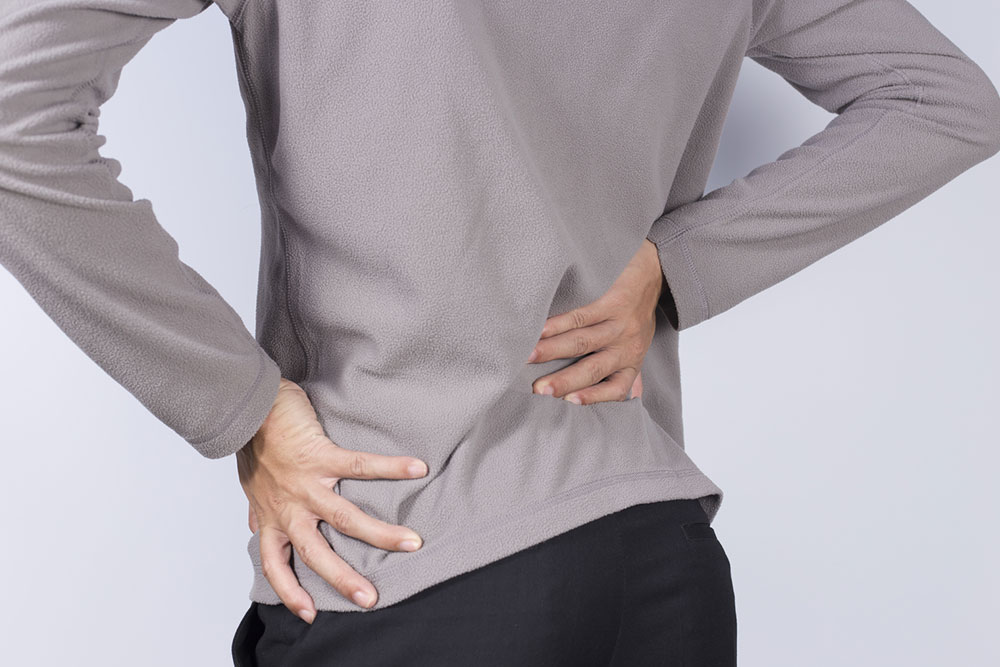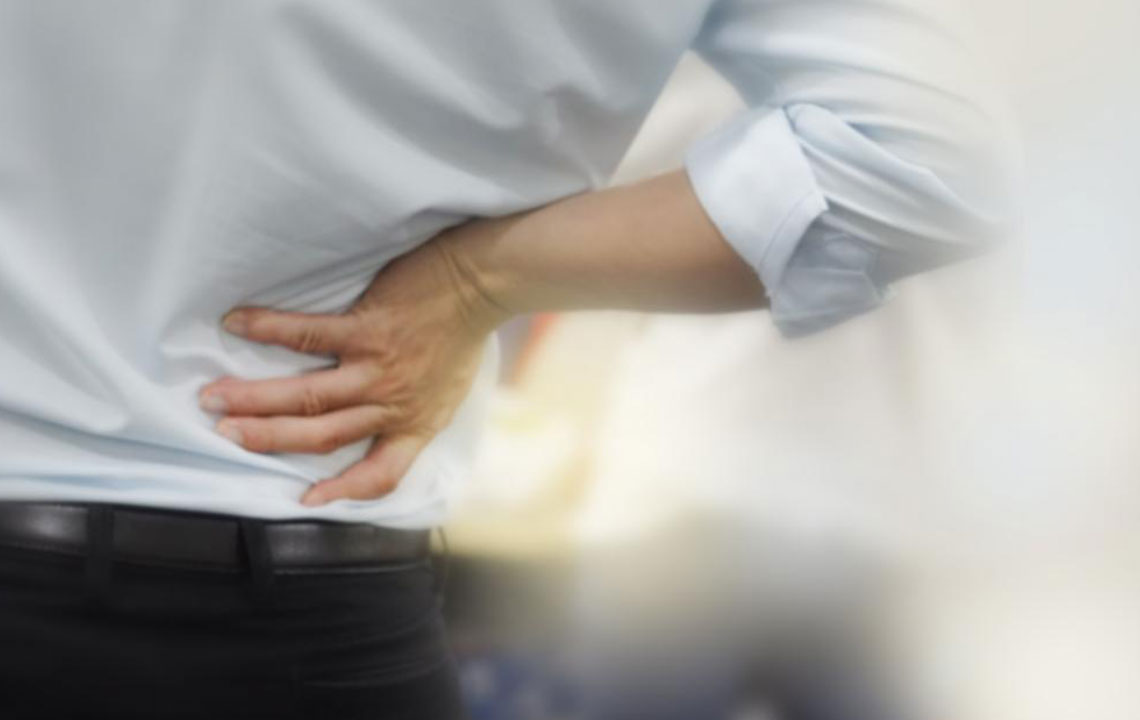Managing Lower Back and Hip Pain: Symptoms, Causes, and Treatment Strategies
Discover effective ways to manage lower back and hip pain. Learn about common symptoms, causes like herniated discs and osteoarthritis, and treatments such as stretching, heat therapy, and medical consultation. This comprehensive guide aids in understanding persistent discomfort and when to seek help.

Managing Lower Back and Hip Pain: Symptoms, Causes, and Treatment Strategies
Lower back and hip discomfort are common issues affecting many individuals. The lumbar region stretches from beneath the rib cage to just above the buttocks, comprising vertebrae labeled L1 to L5. While some cases resolve on their own, often medical attention is necessary to address persistent pain.
The pain may start as a mild ache and intensify to sharp, stabbing sensations. Injuries from sports or heavy lifting can provoke sudden pain. If symptoms last more than three days, consulting a healthcare provider is recommended.
Watch for warning signs such as loss of bladder or bowel control, weakness in the legs accompanied by fever, or increased pain with coughing or urination.
Muscle and Ligament Injuries
Overstretching or tearing muscles, or ligament damage from overstress or degenerative changes, can cause discomfort.
If pain persists beyond three months, it may turn chronic, requiring medical intervention. Typical causes include:
Herniated Lumbar Disc
When a disc protrudes beyond its normal boundary, it irritates nearby nerves, resulting in inflammation and pain.
Degenerative Disc Disease
Age-related loss of disc hydration and flexibility can cause herniations or spinal narrowing, contributing to lower back and hip pain.
Facet Joint Problems
Degeneration or injury to joints between vertebrae often cause localized discomfort.
Sacroiliac Joint Inflammation
Dysfunction in the joint connecting the sacrum to the pelvis can lead to pain and instability.
Spinal Canal Narrowing (Stenosis)
Compression of nerves due to spinal stenosis results in significant pain in the lower back and hips.
Women are particularly at risk for hip, thigh, or groin pain, often due to osteoarthritis, osteoporosis-related fractures, or tendinitis.
Osteoarthritis
Cartilage deterioration causes joint pain, swelling, and stiffness in the hips.
Hip Fractures
Bone weakening from osteoporosis raises fracture risk, impairing mobility and causing deformities.
Tendinitis
Overuse injuries like iliotibial band syndrome can lead to inflammation and discomfort.
Treatment options include heat therapy, avoiding prolonged rest, engaging in yoga and stretching exercises, and massage. If symptoms persist, professional medical evaluation is advised.


